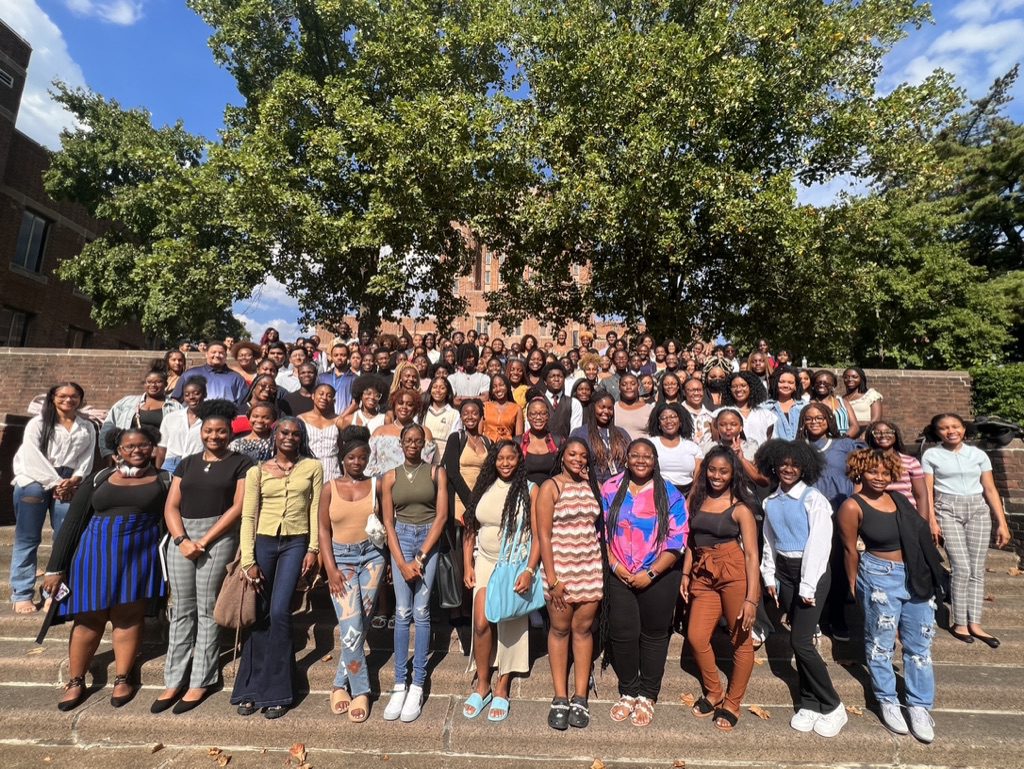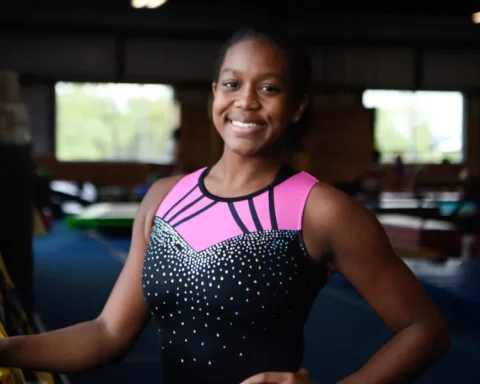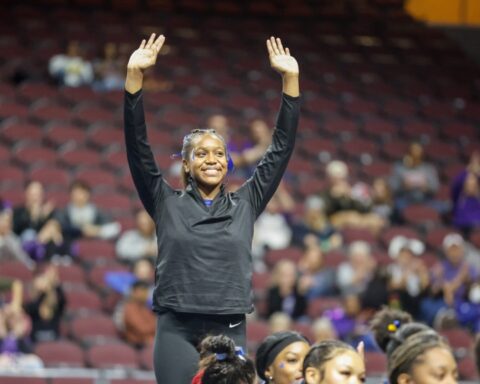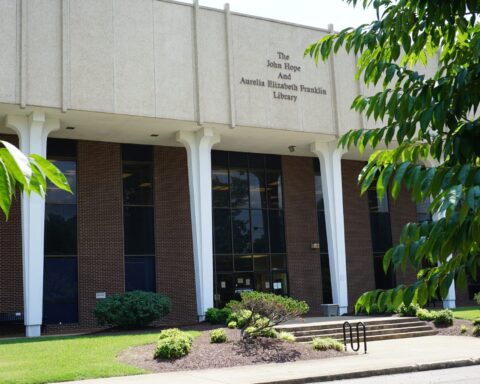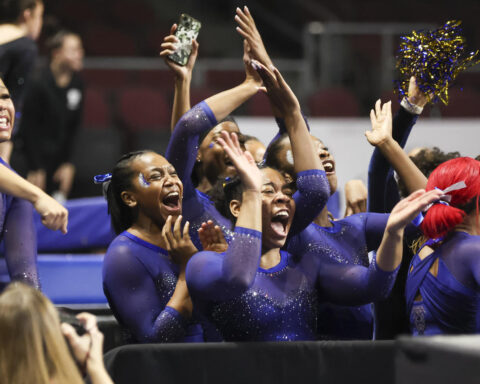Courtesy of Fisk University
Fisk University, one of the nation’s elite private historically black universities and colleges (HBCU), has experienced a remarkable enrollment increase over the past four years. In 2017, the total student body was 630 students, and this fall, Fisk exceeded 1,050 students with an incoming class of just under 400 students. These students arrive from 33 states and five countries to join the Fisk family and to become part of the next generation of executive leaders across every sector of society. Many are first-generation students, whose trajectory will define families and communities across the country. In an increasingly minority/majority world, this is the future, and the future looks bright.
Over the last years, test scores for the incoming classes have increased from the 54th to the 71st percentile in terms of national test averages. This is particularly noteworthy considering how average national ACT scores have declined consistently in recent years. Last year, Fisk was voted the number one institution in the country by Forbes for academic stewardship, which reflected the incredible efficacy of the institution in producing stellar outcomes despite minimal resources. It is perhaps this fact, more than anything, that students are coveting: an institution or rather a family where not everything is taken for granted but where everyone will fight for your dreams.
Incoming freshman, Jeremiah Armstead from Long Beach, California embodies this spirit. After being homeless for most of his high school years, Jeremiah is now poised for an exciting future at Fisk: “The support bracket I have now in Nashville is outstanding and for a young college student with a story such as myself, I wouldn’t get through most obstacles without outstanding support.” Jeremiah, like every incoming Fisk student, was recruited through a highly personalized process that reflects the deep connections longed for by this generation of students.
To reinforce student outcomes, Fisk has solidified a series of unique corporate partnerships including with Cravath, Swaine & Moore, HCA Healthcare, The Los Angeles Lakers, Google, Marsh McLennan, Asurion, Equinix, and Ryan Specialty Group. Many of these partnerships provide reverse-engineered coursework that directly prepares students to excel at the highest level upon graduation. Some of these courses include coding, big data analytics, and risk management. Fisk has been delivering outcomes on par with the top institutions in the country and this return-on-investment model is inspiring students to reach higher. In the words of Morgan Price, a member of the first-ever HBCU women’s gymnastics program: “I had many options, but Fisk had it all. The academics are very strong, the partnership with Meharry is intriguing, and most of all Gymnastics! I wanted to go to an HBCU that had super strong academics. Fisk also really cares a lot about leadership, organizations, and internships. All those things excite me because they will help me succeed after college.”
More than 58% of the incoming students are Pell grant eligible, which makes any private school a daunting financial proposition. Despite Fisk’s dedication to affordability and a disproportionately high scholarship ratio, this four-year journey remains a tall order for many students and families. “This year we turned away too many students whose future should have begun at Fisk, but the financials simply did not compute”, said Sheila Smith, Associate Vice President for Enrollment Management.
With student debt at the forefront of everyone’s mind, students at Fisk are betting on themselves and investing in their future. In many instances, higher education is becoming an arms race and it is very difficult for small institutions to compete on the facilities, technology, and scholarship front while still operating a sustainable small business. Fisk University has been able to accomplish this with almost no endowment spend-out. Every dollar at Fisk will continue to support the amazing enrollment growth and the exceptional students. The goal is to reach 1,600-1,800 in the next four years and by extension, to double the remarkable impact Fisk is having on society’s future.

